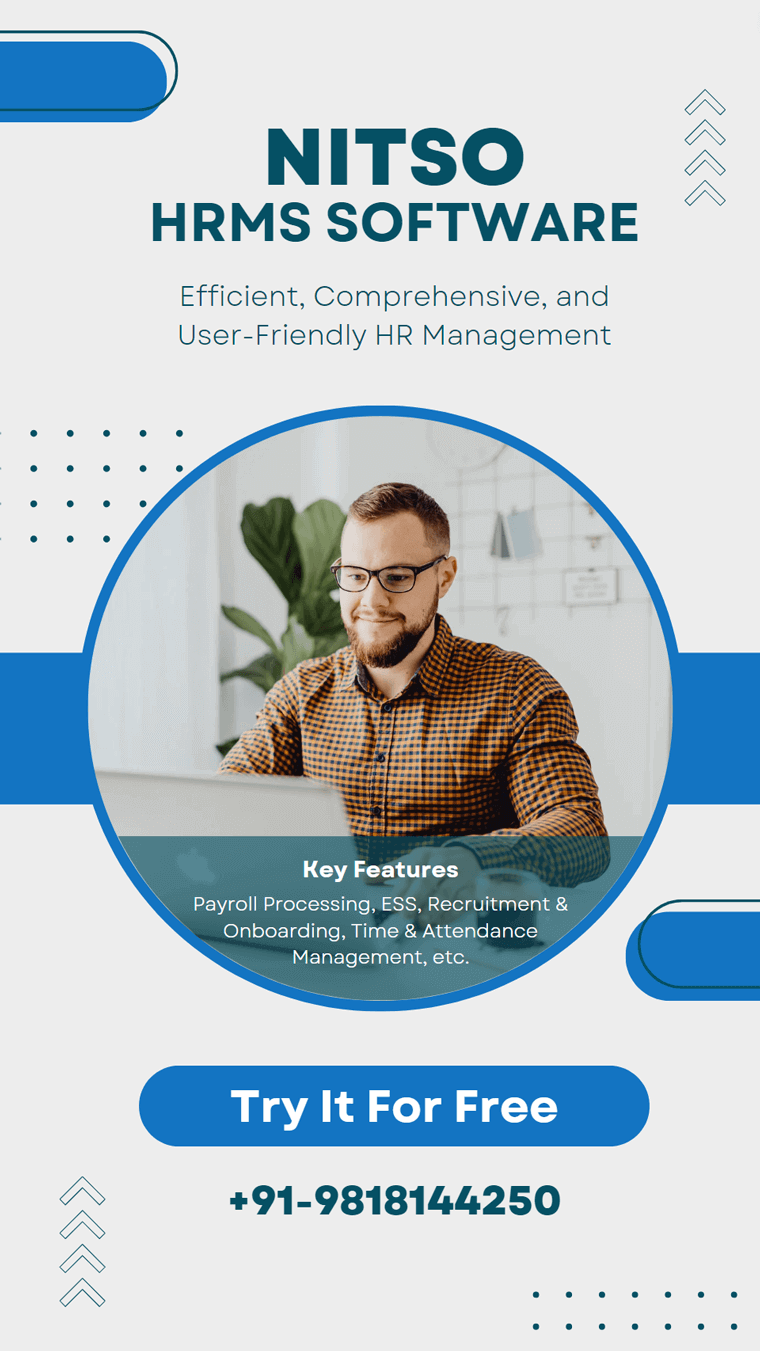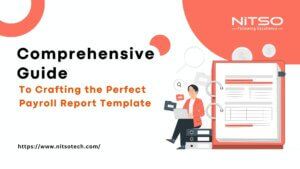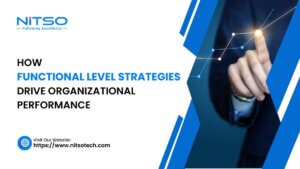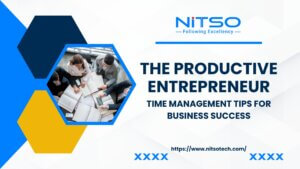Having an efficient and effective hiring process is crucial for any organization that wants to build a strong team and succeed in their industry. The process of sourcing, screening, interviewing and hiring new employees requires thoughtful planning and execution in order to get the right people on your team.
An efficient hiring process can save time and resources that would otherwise be spent on drawn-out recruitment and excessive unsuitable candidates. The goal should be to attract and evaluate qualified candidates and move them efficiently through the hiring stages to make timely decisions.
With the right hiring process, companies can ensure they select candidates that fit both the job requirements and company culture – leading to faster ramp-up, better performance and higher retention.
Table of Contents
What is the hiring process?
The hiring process refers to the end-to-end workflow involved in filling open positions at a company. It encompasses everything from the initial job posting to the final offer letter. An effective hiring process aims to identify, attract, evaluate and hire the most qualified candidates in a timely manner.
Key stages of the hiring process include:
- Sourcing – Generating interest from potential applicants by posting jobs, networking, employee referrals, etc.
- Screening – Reviewing applications and resumes to identify qualified candidates based on required skills, experience, etc.
- Interviewing – Assessing shortlisted applicants through structured interviews and examining their fit.
- Selection – Deciding on the best candidate based on interview performance, skills, and cultural add.
- Offer – Extending a job offer including negotiations to hire the chosen candidate.
Optimizing and streamlining the hiring workflow enables organizations to fill open roles faster with higher-quality talent. Using the right tools and techniques allows companies to improve efficiency and effectiveness at each step. The result is hiring the best people in a consistent, scalable way.
How to Optimize Your Hiring Process for Maximum Effectiveness
1. Define what an efficient and effective hiring process looks like
An efficient and effective hiring process needs to have some key elements in place to save time and resources while still identifying and hiring top talent. First, it should start with a clear job description that outlines the required skills, experience, qualifications and responsibilities.
This helps attract qualified candidates who are a good fit. The process should incorporate structured interviews with standardized questions that evaluate must-have skills. Using consistent rating systems and evaluation criteria across candidates also streamlines decision-making.
Other aspects of an optimized process include leveraging automation for administrative tasks like scheduling and candidate communications, using assessments to evaluate skills/cognitive abilities, and sourcing passively through employee referrals and networks. Setting up an applicant tracking system helps organize candidate information and speed up responses.
Overall, the focus should be on using technology, data and structure to evaluate candidates efficiently while providing a positive applicant experience. This results in landing great hires swiftly. Defining these elements upfront helps create an effective framework to identify and hire the best candidates in a timely manner.
2. Do thorough planning and preparation
The foundation of an efficient and effective hiring process is meticulous planning and preparation. Rushing into hiring without properly defining needs and requirements often leads to misaligned hiring outcomes. Organizations should invest sufficient time upfront on the following aspects:
- Clearly define the open role: Have a detailed job description outlining the position’s day-to-day responsibilities, required qualifications, technical skills, soft skills, experience level, etc. Ensure the hiring team has a common understanding.
- Identify must-have skills and competencies: Beyond academic qualifications, determine specialized skills, certifications, and knowledge areas that are imperative for success in the role. Outline priority hard and soft skills.
- Understand role expectations and success criteria: Align on performance metrics, targets, and what success in the position looks like. This enables structured hiring evaluations.
- Evaluate cultural fit: Assess not just skills but also how well candidates’ values and work styles align with company culture. Determine interview questions that provide cultural insights.
- Develop competency-based interviews: Design structured interview questions that map to the required competencies and enable standardized assessments. Use behavioral, and situational formats.
- Create assessment mechanisms: Incorporate tests, simulations, work samples, skill assessments etc. that evaluate job-related competencies. Allows unbiased evaluations.
- Have a strong interview panel: Ensure the hiring team or panel has sound knowledge of the open position’s needs to conduct effective interviews and make informed decisions.
- Leverage hiring tools/resources: Use applicant tracking systems, video interview software, skills assessment tools, etc. to enable efficient screening and evaluations.
- Define evaluation metrics: Have clear guidelines on assessment criteria, rating scales, decision matrices etc. to quickly compare candidates and make data-driven hiring decisions.
With upfront planning and preparation, organizations can streamline and optimize the hiring process right from the sourcing stage. It enables them to efficiently evaluate and identify the most effective candidates that are the best match for the role and the company.
3. Source candidates strategically
To build an outstanding team, you need access to great candidates. Be strategic in sourcing and attracting top talent efficiently. Leverage your employees by encouraging internal referrals and recommendations. Network within your industry to find passive candidates who may not actively be job searching. Build connections on LinkedIn to source potential hires through shared connections.
Post job openings on high-traffic sites like Indeed and Glassdoor to gain visibility and reach more applicants. Make sure job posts use keywords and contain sufficient details to attract qualified candidates. Monitor social media platforms like Twitter or Facebook to identify suitable candidates.
Look into tools like Entelo that can automate sourcing and outreach to passively recruit people who match your criteria. The more targeted your sourcing strategy, the higher quality your applicant pool will be. An efficient process needs a steady pipeline of relevant, high-potential candidates to choose from. Cast a wide net through multiple channels to source the best people available.
4. Use technology to simplify screening
Leveraging the right technology can help streamline and simplify candidate screening in an efficient hiring process. Implement an applicant tracking system (ATS) to have all candidate information and materials in one central, organized system. This makes it easy to track and monitor applicants through the hiring stages.
Many ATS platforms also have built-in AI capabilities to screen resumes and automatically identify qualified candidates that match key criteria. This helps fast-track suitable applicants for further assessment.
Tools like video interviews and online assessments can be used to evaluate candidates quickly. Recorded video interviews allow hiring managers to screen candidates 24/7. Skills tests and personality assessments provide data-driven insights into abilities and fit.
Integrating these technologies eliminates manual screening tasks, saves hiring team time, and provides a smoother experience for applicants. The goal is to accelerate the screening process and focus your resources on the most promising candidates. The right tools help identify and move qualified applicants in an efficient, scalable way.
5. Conduct structured interviews
The interview stage is critical for evaluating candidates in an effective hiring process. Make sure you use a structured interview format with standardized questions to assess all applicants consistently.
Develop a competency-based interview guide that ties questions directly to the skills and qualities needed for the role. This helps accurately evaluate candidates’ abilities. Questions should focus on both technical expertise and soft skills.
Have a diverse panel of interviewers from different departments to provide well-rounded feedback. Use the same structured process and interview guide with each candidate.
Implement rating systems and scorecards to evaluate candidates objectively against defined criteria. Maintain consistent parameters for assessment.
A structured approach makes interviews more effective for candidate selection while also providing a fair, consistent experience for applicants. Standardizing and streamlining the interview format allows you to compare candidates efficiently and make sound hiring decisions.
6. Make quick, data-driven decisions
An efficient hiring process requires having the tools and data to make timely decisions on candidates. Collect structured interview feedback and scores from all panellists along with assessment results to get a complete picture of each applicant.
Define clear evaluation metrics upfront so you can objectively assess if candidates meet the criteria. Use this data to make quick, informed decisions, keeping your standards high.
Implement efficient internal approval cycles with hiring managers to sign off on new hires faster. Be ready to move quickly to make an offer to top candidates before they explore other options.
Throughout the process, provide frequent applicant status updates. Promptly notify candidates when they are rejected so you don’t lose them for future openings.
Leveraging insights gathered through interviews, assessments and the full application enables data-driven hiring that is fast and effective. Use tools and metrics to select the right candidates in an efficient, scalable way.
Article you might be intrested in: Reducing Candidate Drop-Off: Strategies for a Smooth Hiring Journey
Conclusion
An optimized hiring process is crucial for organizations looking to build an exceptional team with the right talent. By focusing on efficiency and effectiveness, companies can attract, evaluate and hire top candidates in a swift and structured manner. Leveraging automation, data-driven decision-making, and streamlined workflows helps shorten hiring cycles, reduce costs, and improve results. With the right hiring process, organizations can get the best candidates on board and set them up for success. Investing time in perfecting the recruitment workflow leads to outsized dividends through hiring the right people quickly and efficiently.
FAQs related to efficient and effective hiring process
What is an effective hiring process?
An effective hiring process is a streamlined, structured workflow that successfully identifies, assesses, and hires the most qualified candidates for open roles in an organization. It focuses on efficiency and fair, consistent evaluation to get the right people on board.
Why is an effective hiring process important?
An effective hiring process is crucial for building a strong team with engaged, high-performing talent. It results in faster hiring with lower costs and better candidate experiences. An efficient, seamless process can give your company a competitive recruiting advantage.
What are some key elements of an effective hiring process?
Key elements include clear job descriptions, structured interviews, standardized assessments, strong sourcing strategies, organized candidate tracking, quick turnaround times, and leveraging data and technology for better decision-making.
What does an efficient hiring process look like?
An efficient hiring process is designed to move candidates smoothly through the recruitment stages while minimizing delays and administrative burdens. It makes use of automation, clear workflows, and streamlined procedures to speed up hiring.
How can you make your hiring process more effective?
Strategies like developing competency-based interview questions, using screening tools, creating rating systems for candidates, automating workflows, and defining consistent hiring criteria can help optimize your process. Focus on efficiency, consistency, and good candidate experience.
What are the main benefits of an effective hiring process?
Benefits include higher quality hires, faster time-to-fill roles, lower cost-per-hire, improved talent retention, a stronger employer brand, and a streamlined workflow that saves time for hiring teams.
What risks come with focusing too much on efficiency?
Over-prioritizing speed could compromise evaluation rigour and lead to bad hires. Efficiency must be balanced with effectiveness to maintain hiring standards.








0 Comments